Advanced Nursing Practices during Pandemic
The World Health Organization has recognized 2021 as the International Year of Healthcare Professionals and Care to highlight the critical role that healthcare workers played in responding to the COVID-19 pandemic. Nurses make up 56 percent of the overall health workforce (physicians, pharmacists, dentists, midwives, and nurses), and they continue to be the majority of health-care professionals. The pandemic of COVID-19 has brought attention to the need for nurse leaders who "embrace the connectivity" between medicine and public health. The nursing profession has clarified and expanded on its responsibility in training nurses to understand and support public health. APHNs (Advanced Public Health Nurses) are providing expertise and leadership across organisations and health systems, even as they are redeployed to new roles or settings as a means of valuable surge capacity, in the rapidly evolving and complex environment shaped by the COVID-19 pandemic, climate change, and health inequities. Local health department directors, non-profit foundation executives, school health programme leaders, and leaders in the increasingly complex systems of care in communities and healthcare organisations are all examples of APHN leaders who act as key bridges between sectors in a variety of settings and roles.
- Telenursing
- Management in Nursing Homes
- Impacts of Pandemic
- Public Health
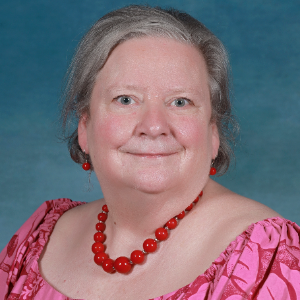
Nina Beaman
Aspen University, United States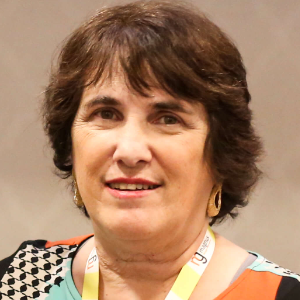
Daryle Wane
Pasco-Hernando State College, United States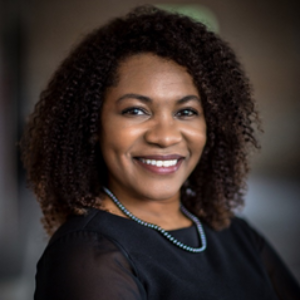
Robin Adams Geiger
Ingenovis Health, United States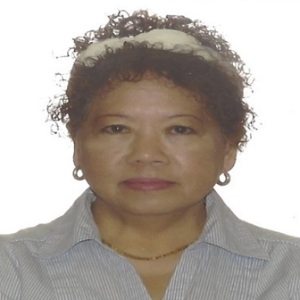
Elvessa Narvasa
Quebec CCN, Canada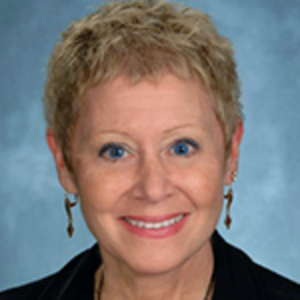
Sue Roe
The Roe Group Enterprises, LLC, United States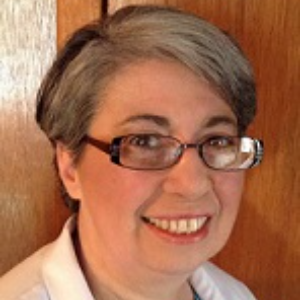
Maria Kozlowski Gibson
Cleveland State University, United States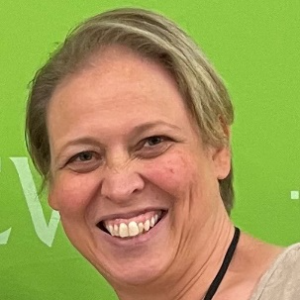
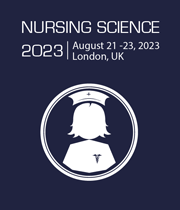

Title : Nurse as designer: Innovative practice contributing to nursing science
Jean Ross, Otago Polytechnic, New Zealand
Title : Creating a culture of mentorship: Empowering nurses to reach their full potential
Robin Adams Geiger, Ingenovis Health, United States
Title : Emerging paradigm of patient care in the age of wearable technology
Elvessa Narvasa, Quebec CCN, Canada
Title : Late adverse effects of the treatment for childhood cancer
Jelena Roganovic, University of Rijeka, Croatia (Hrvatska)
Title : Relevance of clinical practice in nursing education
Daryle Wane, Pasco-Hernando State College, United States
Title : The neurobiology of aggression: De-escalation and whole-brain processing techniques
Nina Beaman, Aspen University, United States